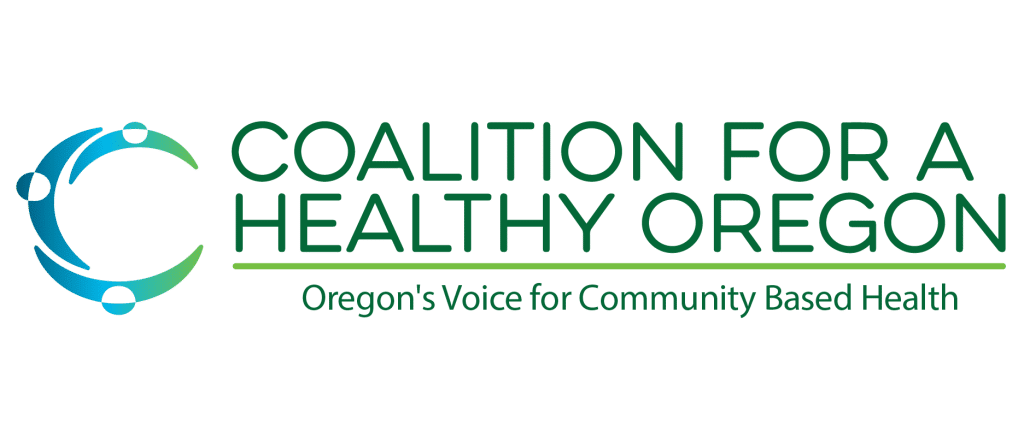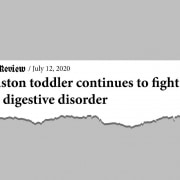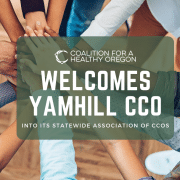Building Healthier Lives by Addressing Social Determinants
During the COVID-19 public health emergency, COHO CCOs have continued to invest in their communities to improve access to health care services. One such investment serving thousands of Oregon Health Plan (OHP) members is the Trillium Resource Exchange, or T-REX for short.
This investment, made by Trillium Community Health Plan helps connect OHP members to nearby resources they need, like local food banks, housing and utility resources, and more. It’s translated into over 100 languages to help ensure language is not a barrier to accessing care.
This investment is not only available for OHP members. Traditional health care workers, providers, and others who work regularly with OHP members can access this database in order to provide extra support.
T-REX is a user-friendly program that allows health care providers, care teams, and non-profit services providers to send and receive referrals and update the status of referrals easily and efficiently. T-REX also connects to electronic health records so providers are able to seamlessly manage their patients’ care.
Why are investments like these important to Oregon’s health care system?
Investments like these address Social Determinants of Health and Equity (SDoH-E). Other examples of SDoH-E investments include funding food banks, shelters, interpreters, and more. These evidence-based investments help decrease health inequities and keep OHP members healthier.
Our CCOs have shown evidence-based SDoH-E play a significant role in a person’s health, in turn reducing the cost of health care for Oregon. We know that when individuals have food and housing security, they are more likely to be healthy. This focus on preventive services results in fewer ER visits and other more expensive health services – saving the state money. For these reasons, CCOs spend millions of dollars each year investing in specific supports that their individual communities need. Programs like T-REX make sure this network of resources is readily available to our most vulnerable communities.
Nurturing Investment
If our goal is to ensure Oregonians remain healthy, we need to create stable funding streams for initiatives that fit each of their communities’ unique needs. We are doing a disservice to Oregonians working to rise out of generational poverty, trauma, and poor health if the programs they rely on only exist in sporadic timelines.
We are working to identify sustained funding streams for programs with proven long-term health outcomes. Investing in overall health is long game, and our CCOs are intent on keeping these programs in place.
About COHO
COHO is a coalition of six locally-based coordinated care organizations charged by the legislature to deliver care to Oregon Health Plan (OHP) members. COHO CCOs serve just over 184,000 OHP members or approximately 16% of the statewide membership.



